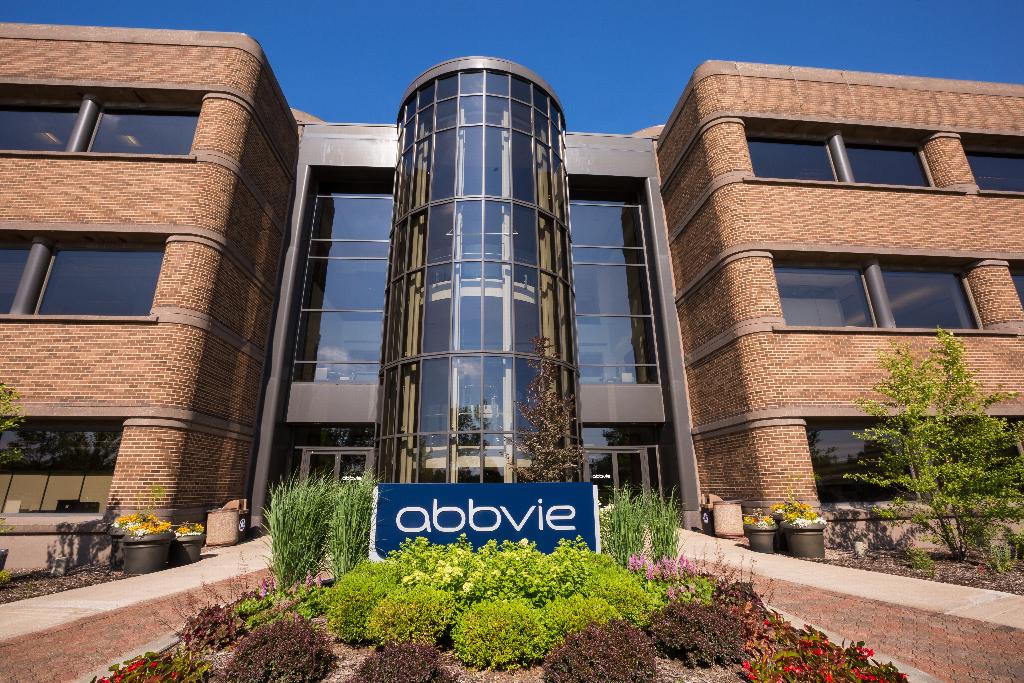AbbVie makes case for Humira follow-on upadacitinib at EULAR

The summer medical conference season is well and truly upon us and much of the focus this week is on the European League Against Rheumatism (EULAR) conference where several big pharma companies are presenting their latest data.
One of these is AbbVie, which is hoping to get a follow-on drug to its mega-blockbuster Humira (adalimumab) approved in rheumatoid arthritis.
That drug is upadacitinib, already under review by the FDA in moderate to severe rheumatoid arthritis, with a decision due from the FDA in the coming months after the regulator granted a faster six-month Priority Review.
Humira’s sales were almost $20 billion last year, but the drug is already under pressure in Europe and other markets from cheap biosimilar competitors.
In the US, AbbVie has until 2023 before biosimilars hit the market, and is busy trying to get a pipeline of medicines approved to make up for the lost sales.
AbbVie reckons that if it gets approved, upadacitinib will generate peak sales of around $6.5 billion a year.
But even if it does get past the FDA AbbVie will have to convince doctors to use it instead of the cheaper biosimilars, which is why the data comparing it against Humira is so important.
At EULAR AbbVie had results from the phase 3 trials SELECT-EARLY and SELECT-COMPARE showing that patients receiving upadacitinib once-daily through 48 weeks continue to demonstrate improved signs and symptoms of rheumatoid arthritis and clinical remission.
SELECT-EARLY tested 15 mg and 30 mg doses of the drug, while SELECT-COMPARE focused on a 15 mg dose combined with methotrexate.
Crucially they used adalimumab as a comparator, in order to differentiate it from the older drug that has become a standard therapy in RA.
The results from all five SELECT trials also back the drug’s safety profile, AbbVie said.
A Janus kinase-1 (JAK-1) inhibitor, upadacitinib also has the advantage of being an oral pill, instead of an injection like Humira.
It’s not just Humira that faces biosimilar competition – many of the other big anti-TNF class drugs, Amgen/Pfizer’s Enbrel (etanercept) and Johnson& Johnson/MSD’s Remicade (infliximab), also have biosimilar competitors.
According to Biogen, which markets biosimilars from its Samsung Bioepis joint venture in Europe, it estimates that its three anti-TNF biosimilars could save the European healthcare system 1.8 billion euros.
This is just one manufacturer’s estimate and with a host of other manufacturers such as Celltrion also producing biosimilars in this space upadacitinib and any other new RA drugs will have to show a clear advantage in trials.












